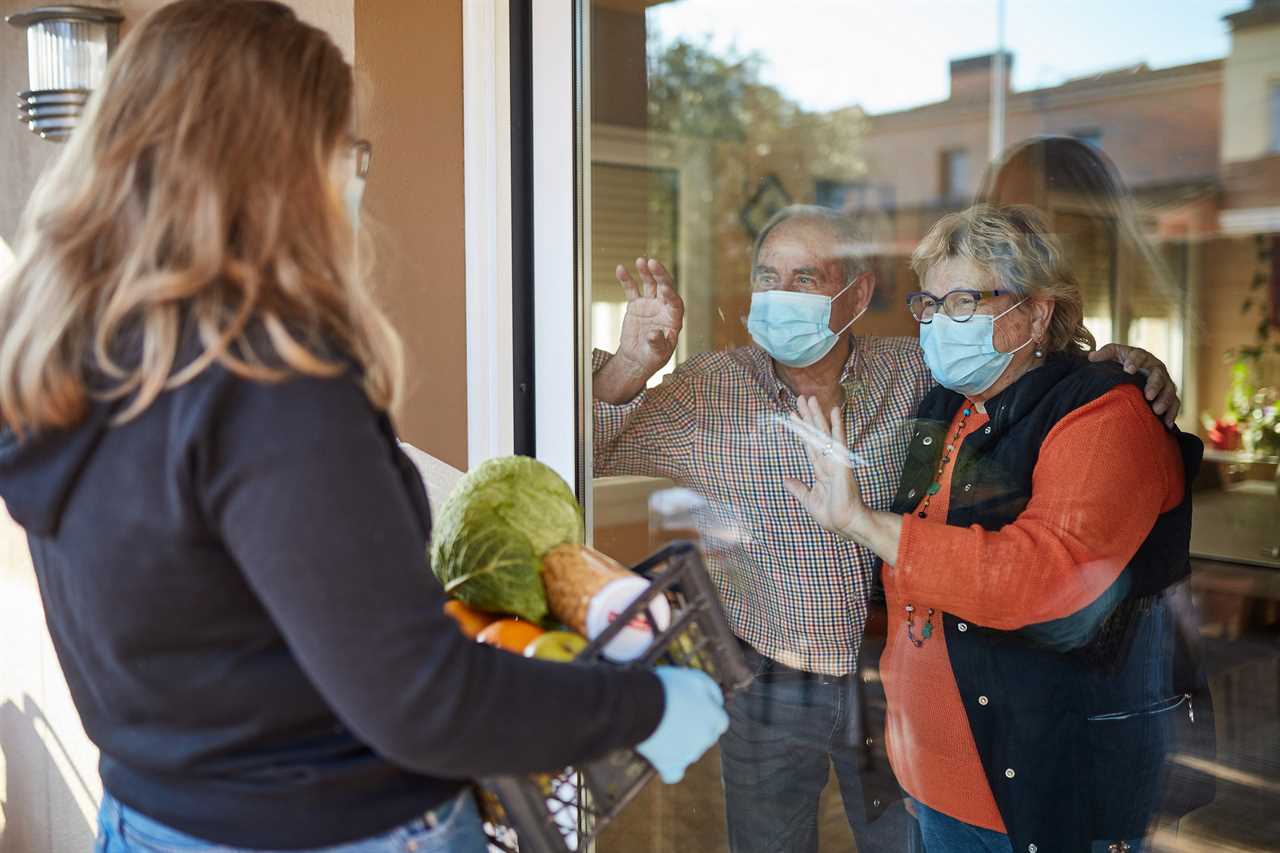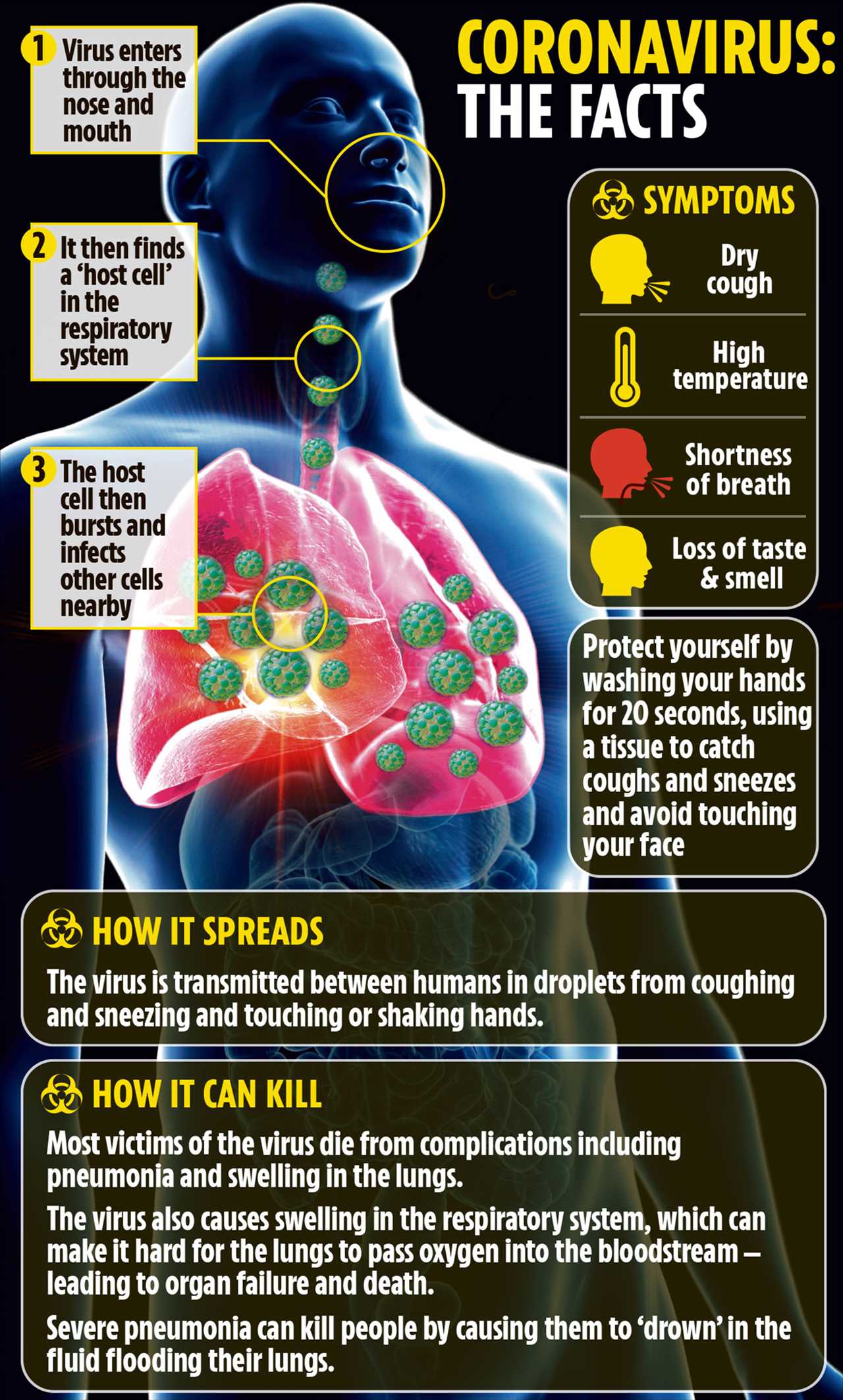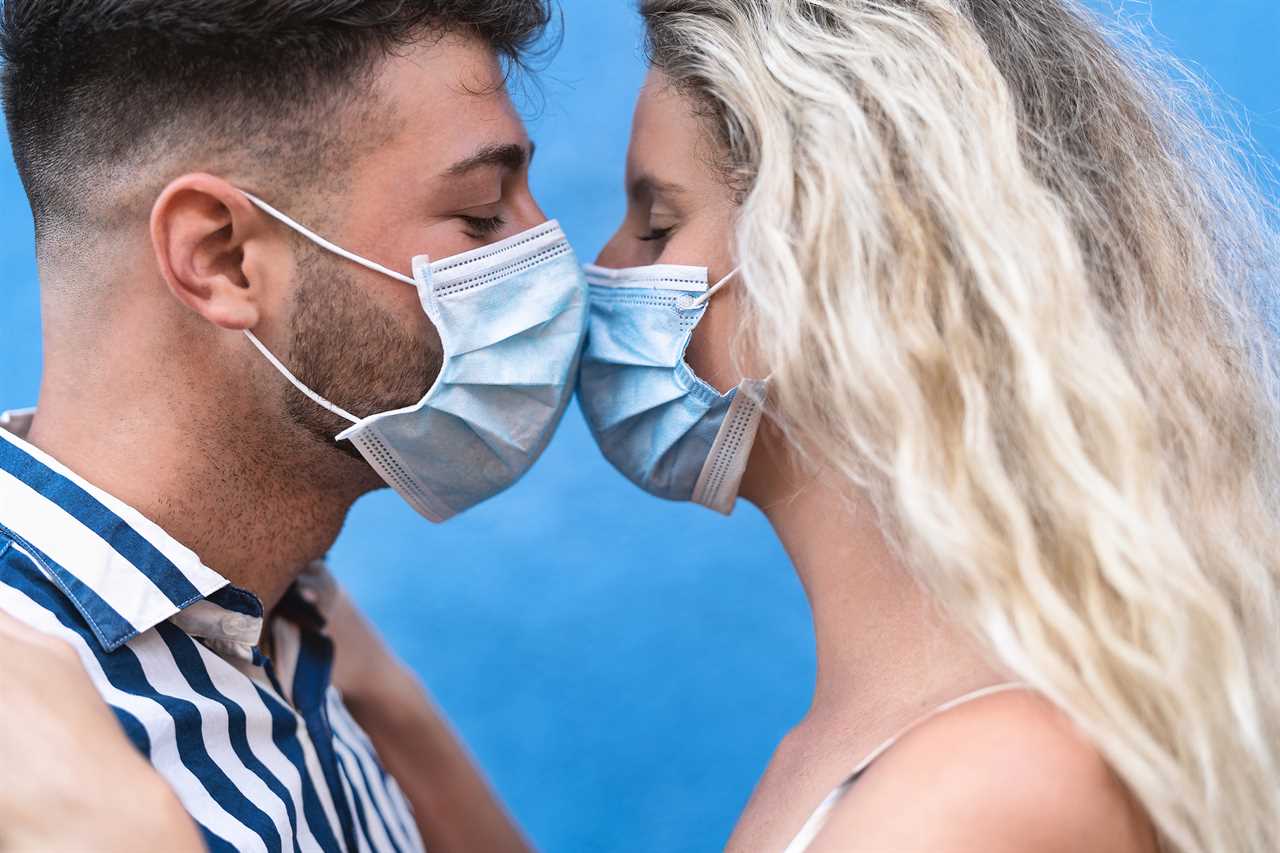ONE in five people catch the coronavirus from a family member and one in three catch it from a spouse, a new study has revealed.
Researchers found that just 16.6 per cent of all people who contracted Covid-19 then went on to pass it to members of their family.

Experts from the University of Florida also found that if a person is asymptomatic, if they don’t display classic signs of the coronavirus such as a shortness of breath, a new persistent cough or a loss of taste and smell then the rate of transmission was just 0.7 per cent.
The authors said that people should consider wearing masks in order to protect their families and other members of the household when they are told to isolate.
This they say will help stop the spread in individual households.
The team analysed 54 studies with 77,000 participants who had caught the virus through their households.
Analysis published in the JAMA Open Network included data on whether or not participants lived with a child, whether or not those in the household had symptoms and the number of people a person had come into contact with.
Over 16 per cent of Covid patients spread the disease to household members and this increased to 18 per cent if the person had traditional symptoms.
The study also found that adults were more likely to catch the virus than children, with 28.3 per cent of adults catching the virus versus 16.8 per cent of children.

It comes as London Mayor Sadiq Khan urged all London schools to close due to the spread of the virus across the capital.
The government has however insisted that schools will remain open in London as the capital enters Tier 3.
The study also found that one in three people passed the virus on to their partners, with 37.8 per cent spreading the virus.
This compares to 17.8 per cent of those who passed the virus to other family members such as aunts, uncles and grandparents.
The authors said: “Spouses were at higher risk than other family contacts, which may explain why the secondary attack rate was higher in households with [one] vs [three] or greater contacts.
“Households are favourable environments for transmission.
“They are what are known as 3Cs environments, as they are closed spaces, where family members may crowd and be in close contact with conversation.”
STOP THE SPREAD
The experts highlighted that if you contract the virus and have to isolate – then you should wear a mask or covering indoors in order to protect other household members.
While they said it was unlikely that household members would wear PPE around each other they said this could be vital.
Where possible they said you should try and isolate somewhere else.
For most people however, this isn’t possible and if isolating at home – which in the UK has recently changed from 14 to 10 days – officials state you should try and keep your distance from other household members.

KEEP IT CLEAN
If you are living with someone else who is self isolating then you should limit contact with them and preferably make sure they stay in one room.
Also, it is important to keep everywhere clean.
People in isolation should constantly wash their hands.
Any rubbish generated by a sick person should be double bagged.
As well as this you should try and use separate facilities and if this is not possible then you should clean the facilities after each use.
A joint statement by the health chiefs said: “Self-isolation is essential to reducing the spread of Covid as it breaks the chains of transmission.
“After reviewing the evidence, we are now confident that we can reduce the number of days that contacts self-isolate from 14 days to 10 days.
“People who return from countries which are not on the travel corridor list should also self-isolate for 10 days instead of 14 days.”
The health chiefs added those who test positive for Covid-19 should continue to self-isolate for 10 days from the onset of symptoms, or from taking a positive test if asymptomatic.
“We urge everyone to self-isolate when appropriate, it will save lives,” they added.






